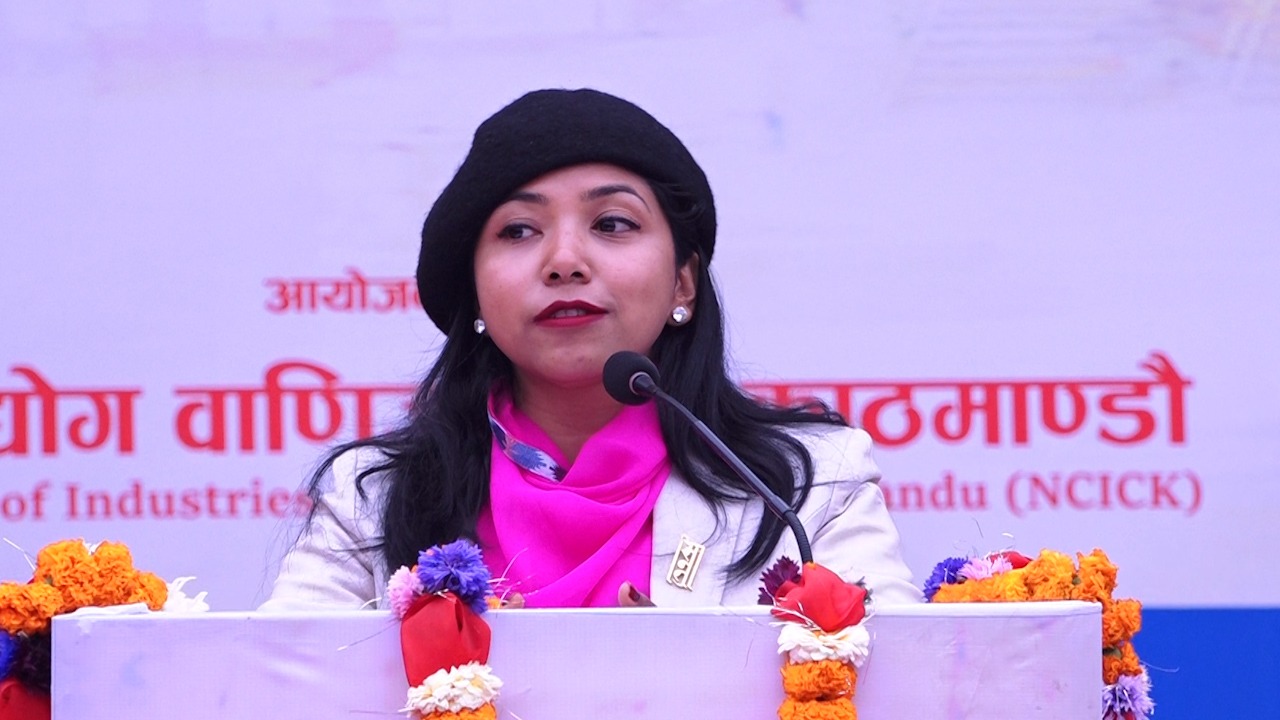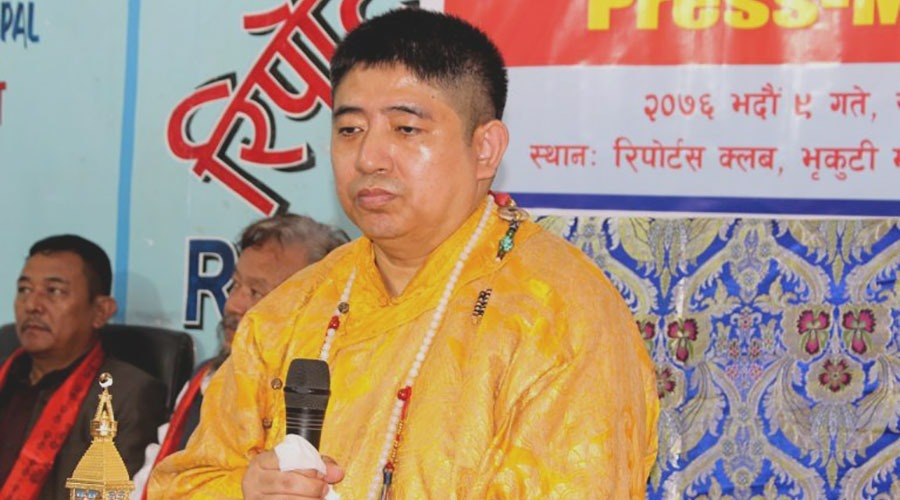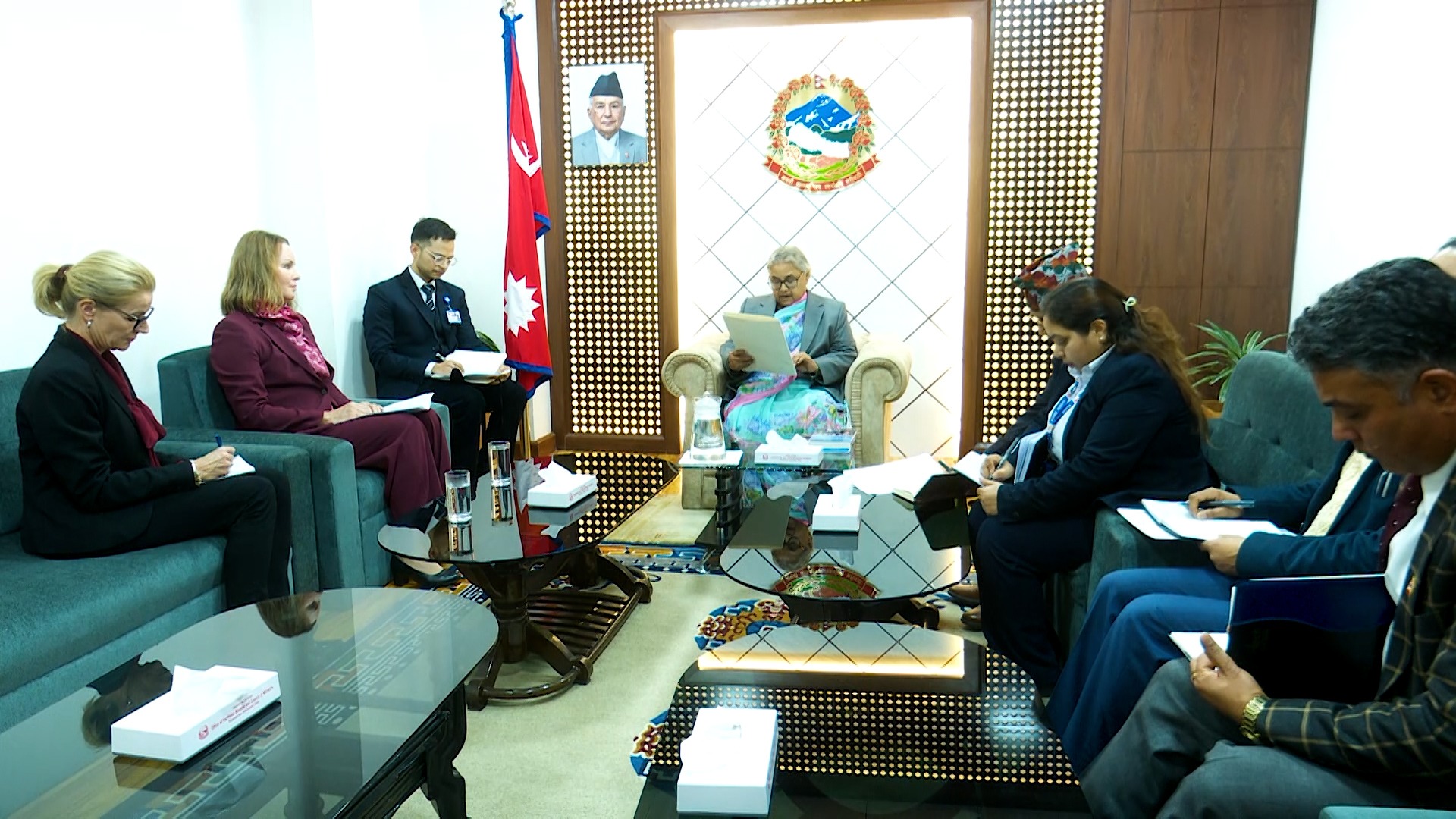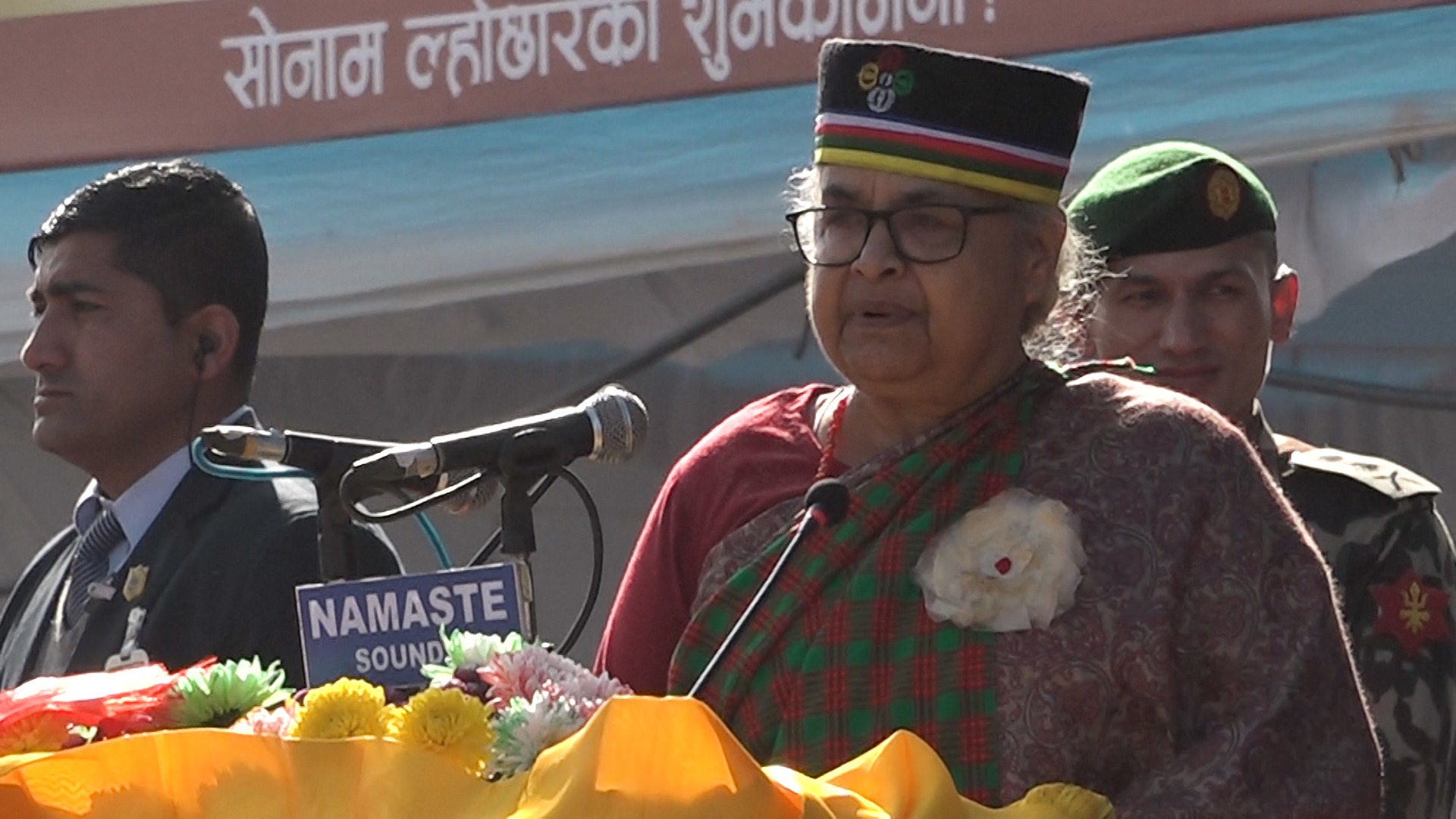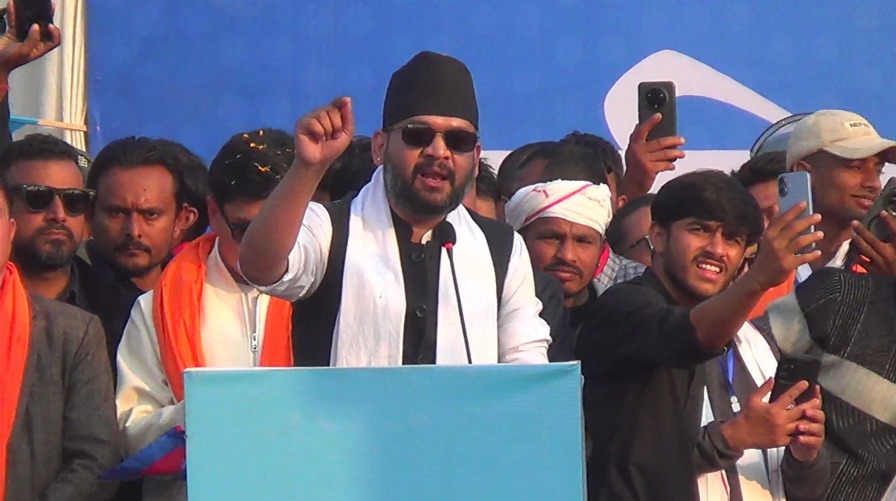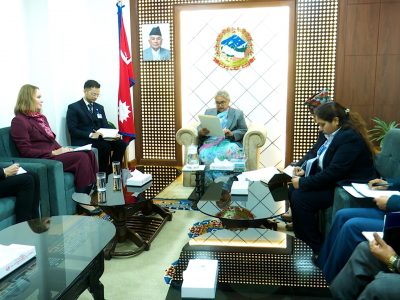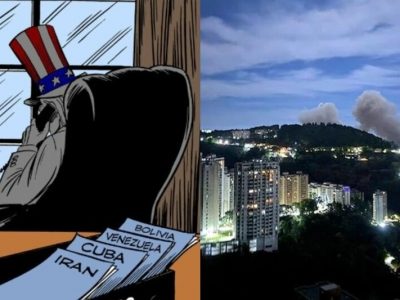Belt and Road Projects in Nepal Face Setbacks Amid Legal and Environmental Conflicts
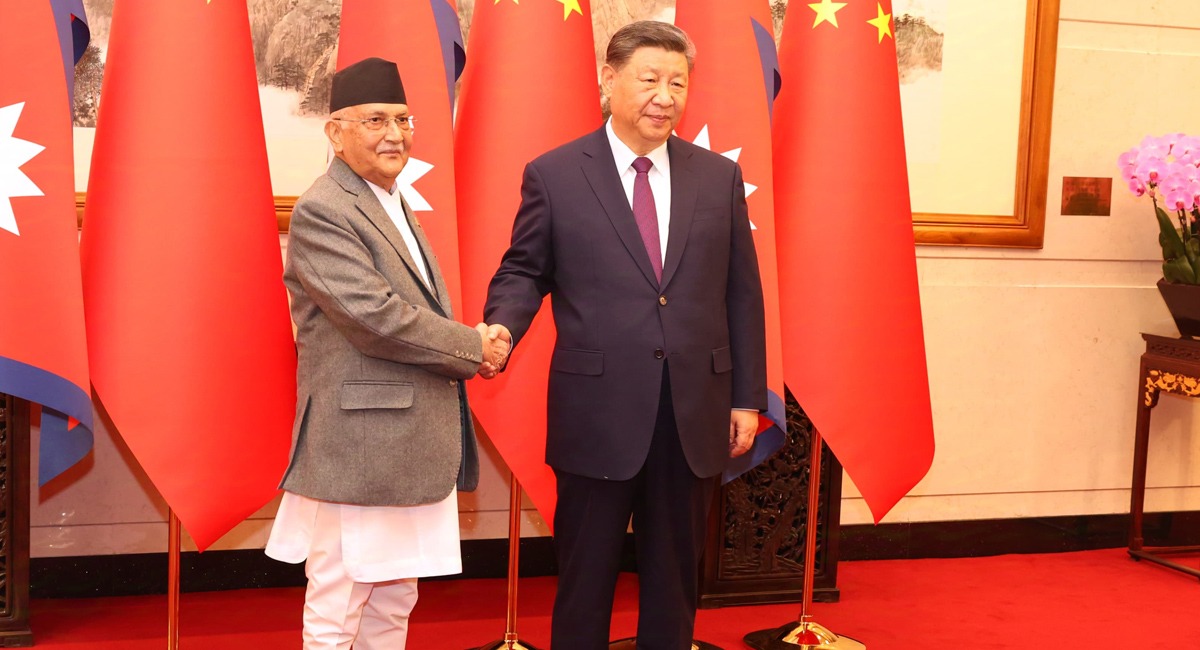
Kathmandu, Jan 26 : Several projects under the Belt and Road Initiative (BRI) implementation agreement, signed by former Prime Minister KP Sharma Oli during his visit to China in December, have been halted. Many of these projects face challenges as they conflict with Nepal’s constitution and environmental laws.
Nepal’s laws prohibit large infrastructure projects in national parks and protected areas to safeguard the environment. The National Parks and Wildlife Protection Act 2029 strictly restricts such construction.
In April, the government amended the law to allow national pride projects, priority projects, and those approved by the Investment Board to operate within protected areas with government approval. While the Federal Parliament passed the amendment, the Supreme Court later struck it down, deeming it unconstitutional.
The Supreme Court’s Constitutional Bench ruled that the amendment violated fundamental rights to a clean environment and contradicted the state’s constitutional responsibility for environmental protection. With this verdict, the legal pathway for major construction projects in protected areas has been effectively closed.
This ruling poses significant challenges to the implementation of BRI projects in Nepal, particularly those requiring construction within environmentally sensitive areas.
Facebook Comment
latest Video
Trending News
- This Week
- This Month


